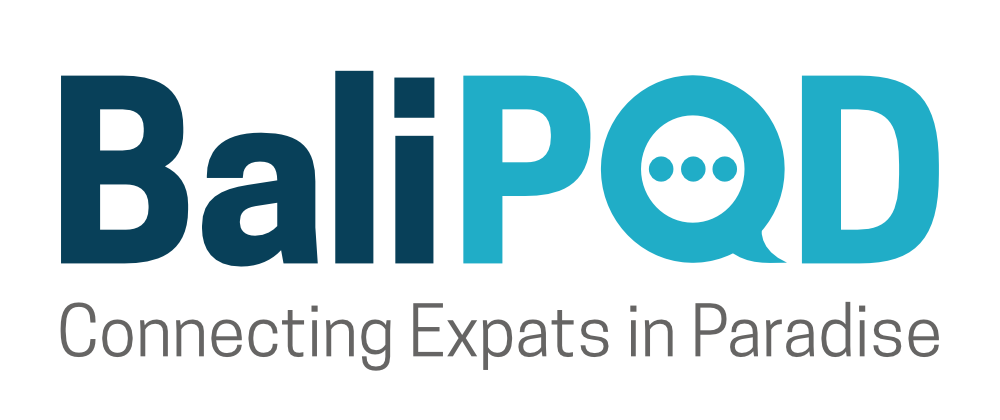Indonesia’s textile and textile product industry is set to attract 15 foreign investors, according to Indonesia’s Coordinating Minister for Economic Affairs, Airlangga Hartarto, Thursday (11/01).
These investors have shown significant interest in relocating their factories to Indonesia, marking a boost for the country’s labor-intensive sectors.
“China Plus One”
Airlangga noted that these investors plan to relocate from China to Indonesia but clarified that they are not interested in acquiring Sritex. According to Airlangga, the ongoing U.S.-China trade war has led these investors to seek alternative locations, with their focus narrowing to just two ASEAN countries: Vietnam and Indonesia.
“These 15 foreign investors want to relocate to Indonesia, as most of them previously operated in China. However, with the current global situation and policies from U.S. buyers, they now need a ‘China Plus One’ strategy. Out of all ASEAN countries, they’re mainly looking at Vietnam and Indonesia. This is an opportunity Indonesia must seize,” Airlangga stated at the Coordinating Ministry for Economic Affairs on Thursday (10/31).
The “China Plus One” strategy allows Chinese companies to reduce their dependency on the domestic market by expanding operations to other countries to diversify their productivity and economic activities.
Speeding Up the IEU CEPA Agreement
The foreign investors have expressed the desire for Indonesia to offer an optimal investment environment and adopt regulatory systems similar to those in Europe and the United States, particularly concerning import duties.
In this respect, Airlangga highlighted Vietnam’s example of creating a favorable investment climate, making it easier for the country to export to the U.S. and European countries. For Indonesia to achieve this, finalizing the Indonesia-European Union Comprehensive Economic Partnership Agreement (IEU CEPA) is crucial.
“This can only be realized if we sign the IEU CEPA. Vietnam’s exports to Europe and the U.S. enjoy zero tariffs, whereas Indonesia’s import duties are still around 10%-20%,” Airlangga noted.
President Prabowo Subianto has given the green light to meet several EU demands, such as digital transmission transparency and streamlined import-export processes, to expedite the IEU CEPA. “We have coordinated with the trade minister to resolve technical issues and move forward with legal drafting,” Airlangga explained at the Coordinating Ministry for Economic Affairs, Jakarta, on Wednesday (30/10).
Revitalizing Indonesia’s Labor-Intensive Industries
Although he mentioned the interest of 15 foreign investors, Airlangga did not disclose the exact investment value. He indicated that these investors are still assessing potential areas for investment in Indonesia, as reported in investor.id.
“There are 15 foreign investors, but they haven’t committed to a specific investment value yet; they’re still exploring possibilities,” Airlangga clarified.
The influx of foreign investment into labor-intensive sectors requires the government to promptly revitalize and enhance productivity. This improvement is essential for driving growth and sustaining business momentum.
“Productivity in this industry requires investment in research and development (R&D). Competition exists not only locally but also globally,” said Airlangga.
To this end, the government should prioritize efficiency improvements. With efficient operations and productive output, Indonesia’s textile industry can experience optimal growth.
“The key to competitiveness is in being more energy-efficient and utilizing advanced technology to achieve higher output,” Airlangga added.
source Bisnis.com, investor.id, kontan.co.id
image source: pexels.com
The post 15 Foreign Investors Show Interest in Indonesia’s Textile Industry appeared first on Invest Indonesia.


